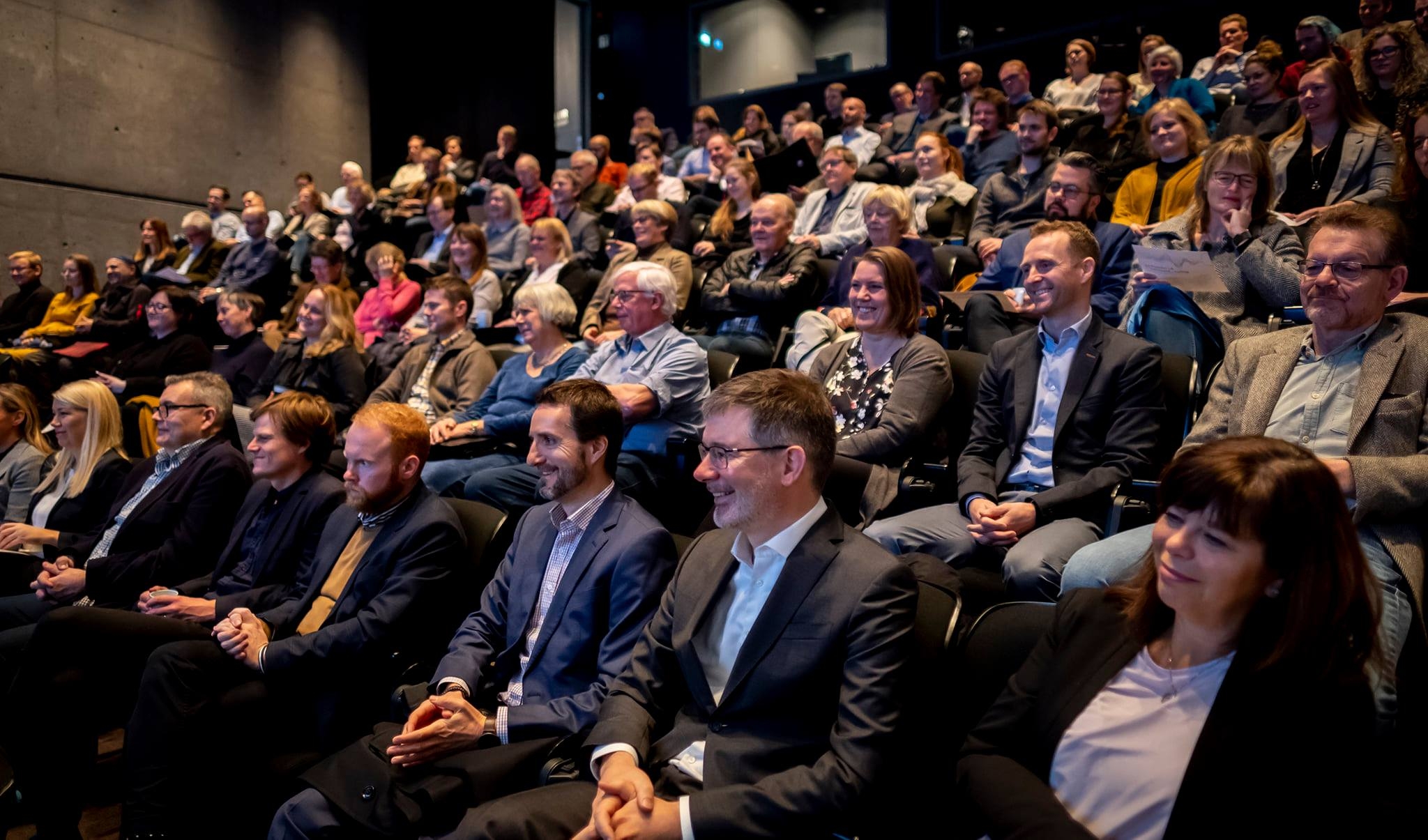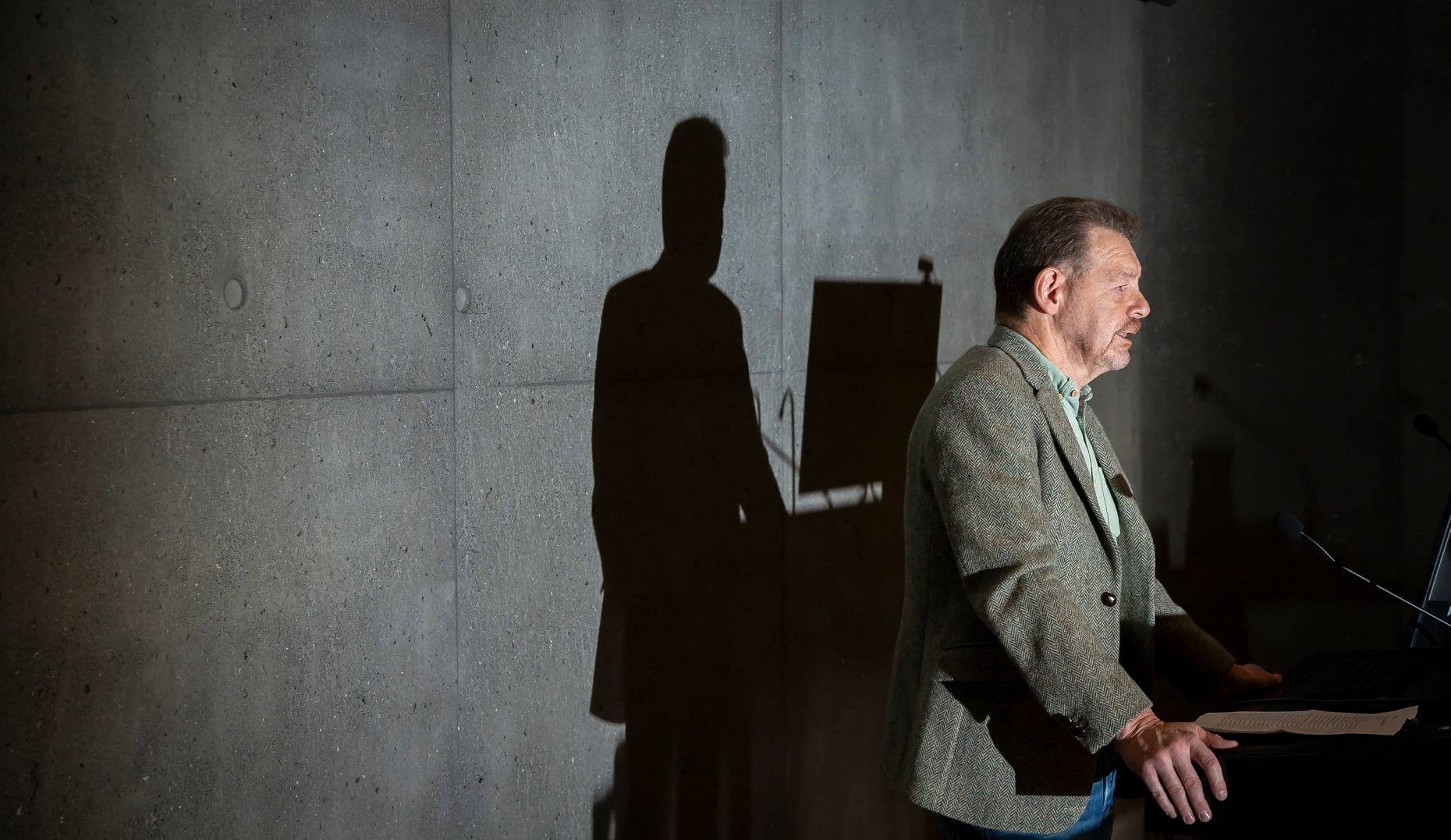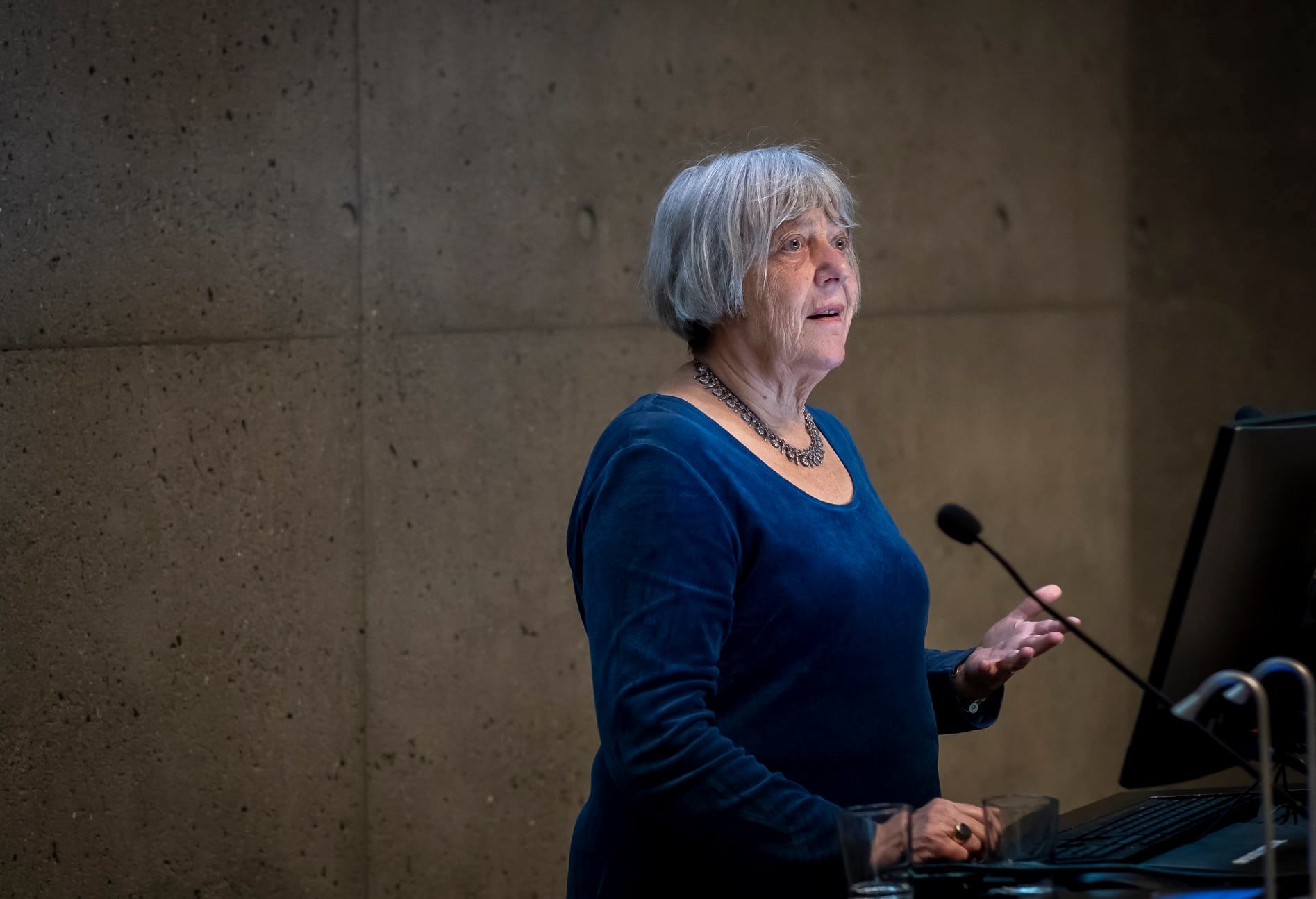Written by Eiríkur Rögnvaldsson
The Ministry of Education, Science and Culture decided to fund Icelandic membership in CLARIN because of a proposal made by an expert group who wrote the Icelandic National Language Technology Project Plan published in June 2017. The Project Plan has a special chapter on CLARIN where the importance of Iceland joining CLARIN ERIC is emphasized. In the light of this, it was only natural that CLARIN-IS, then an observer in CLARIN ERIC, was asked to be one of the organizers of a conference (“Er íslenskan góður bissness”) celebrating the launch of the Icelandic National Language Technology Programme on October 16, 2019.
The aim of the conference was to publicize and promote the LT Programme and create enthusiasm for it among Icelanders, and to make people aware of the importance of language technology for small languages like Icelandic. The conference thus had a very wide target group – researchers from various fields and people from the IT sector, the finance sector, the health sector, media people, and the general public. The conference was addressed by the President of Iceland, Mr. Guðni Th. Jóhannesson, the Minister of Education, Science and Culture, Ms. Lilja Dögg Alfreðsdóttir, and the Rector of the University of Iceland, Prof. Jón Atli Benediktsson.
Furthermore, the CLARIN National Coordinator, Prof. Eiríkur Rögnvaldsson, and the Manager of Almannarómur (the Consortium for Language Technology), Ms. Jóhanna Vigdís Guðmundsdóttir, gave an overview of the situation in Icelandic language technology – past, present, and future. In his talk, Eiríkur emphasized the importance of building Icelandic language resources and making them available through CLARIN in order for the LT Programme to be successful. He also illustrated how Icelandic language technology would benefit from multinational cooperation – especially within CLARIN ERIC, but also other European initiatives such as the European Language Resource Coordination (ELRC) and the European Language Grid (ELG). These talks were followed by the launching of a special campaign collecting speech samples from the general public.

After that, a number of people representing the different target groups gave short talks on their experience with language technology and their vision for the future of Icelandic language technology. The talks were divided into three sessions: Language and Computers, The Icelandic Language and Mass Media, and Language Technology in the Financial Sector. Among the speakers were university professors in computer science, electrical engineering and translation studies, and representatives from the three largest banks in Iceland, the largest IT company in Iceland, the National Broadcasting Service, the National University Hospital, and three startup companies.

Last but not least, the former CLARIN ERIC Vice Director Bente Maegaard who is a member of the LT Programme’s Expert Panel, together with Estonian National Coordinator Kadri Vider and CLARIN Senior Advisor Steven Krauwer, gave an introductory talk on CLARIN. In her talk, Bente gave an overview of the origins, structure, governance, and aims of CLARIN. She emphasized the benefits of CLARIN for business and industry, and shortly introduced the European Open Science Cloud.

Around 120 people attended the conference. The audience was a very mixed group which represented the target group fairly well. The conference received good media coverage on national TV and in the largest newspapers and was a great success. A video recording of the whole conference is available on YouTube. Our plan is to organize similar events annually for the duration of the LT Programme.